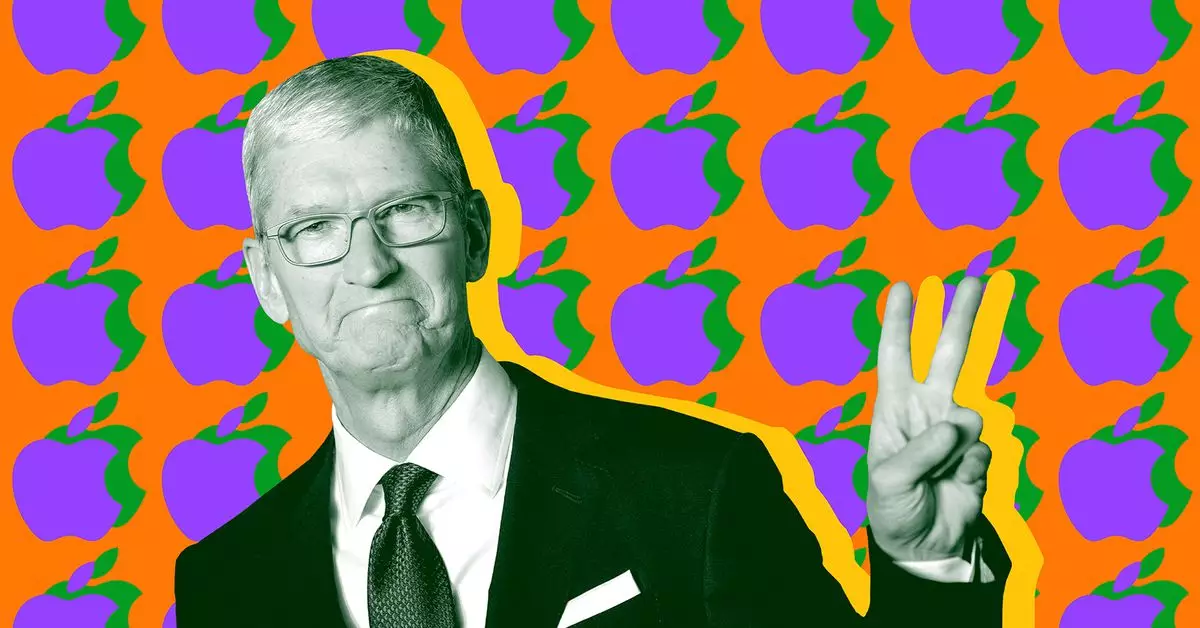Corporate contributions to political events have long been a source of debate and scrutiny. As technology companies increasingly permeate the fabric of American society, their executives often find themselves at a crossroads between corporate interests and political engagement. A recent notable incident involves Apple CEO Tim Cook’s decision to donate $1 million to the inauguration committee of President-elect Donald Trump. This donation mirrors a trend among major tech figures, including OpenAI’s Sam Altman and Amazon’s Jeff Bezos, who have also committed significant funds to the incoming administration.
The motivations behind these substantial donations often range from pursuing favorable policies to garnering a positive relationship with new leadership. Cook’s financial backing, closely examined by the media, denotes more than just an endorsement of Trump’s policies; it anticipates potential benefits for Apple at a time when regulation discussions around privacy, antitrust, and data security are intensifying. In essence, these contributions can be viewed as investment in the future—cultivating goodwill that may pay dividends in access and influence.
Cook’s Personal Ties with Trump
Historically, Cook has maintained a personal rapport with Trump, a connection that other tech CEOs may aspire to cultivate. Their interactions, spanning congratulatory messages following the 2016 election to meetings held at prestigious locations like Trump Tower and Mar-a-Lago, underscore the intricate dance between tech giants and political figures. This relationship suggests a strategic alignment—putting Cook in a position to represent not just Apple, but the interests of the broader tech industry as it faces potential regulatory challenges.
While Cook’s donation might be seen as a gesture of goodwill, it raises critical questions about corporate influence in politics. The juxtaposition of significant donations against the backdrop of a public that calls for transparency and accountability sets a troubling precedent. When corporate leaders exercise such economic power, it can skew democratic processes and raise concerns about whom these leaders are ultimately prioritizing: the general public or the narrow interests of their corporations. This dichotomy exemplifies the challenges of corporate accountability in a technologically driven marketplace.
As the dynamics of political engagement evolve, the role of corporate executives in shaping policy cannot be overlooked. Tim Cook’s decision to contribute to Trump’s inauguration highlights the intricate links between technology, politics, and the influence of capital in shaping governance. While he positions this donation in the context of a traditional American ritual meant to signify unity, the underlying motivations warrant critical examination. In an era where big tech continues to grapple with public perception and regulatory scrutiny, understanding the implications of such actions becomes increasingly pertinent. The future will reveal whether these corporate donations serve merely as transactional gestures or create lasting relationships that return value for both the executives and the services they represent.


Leave a Reply